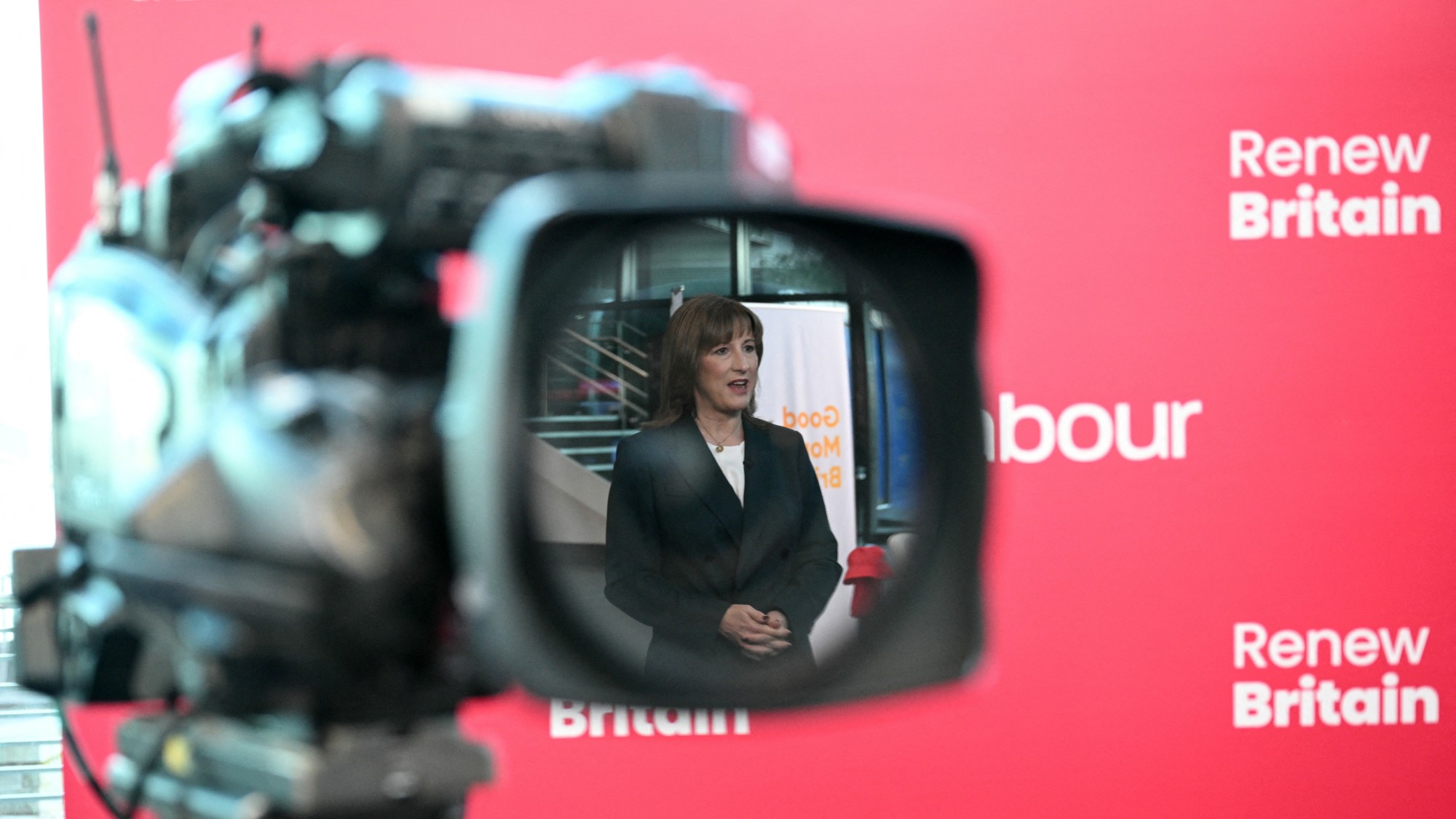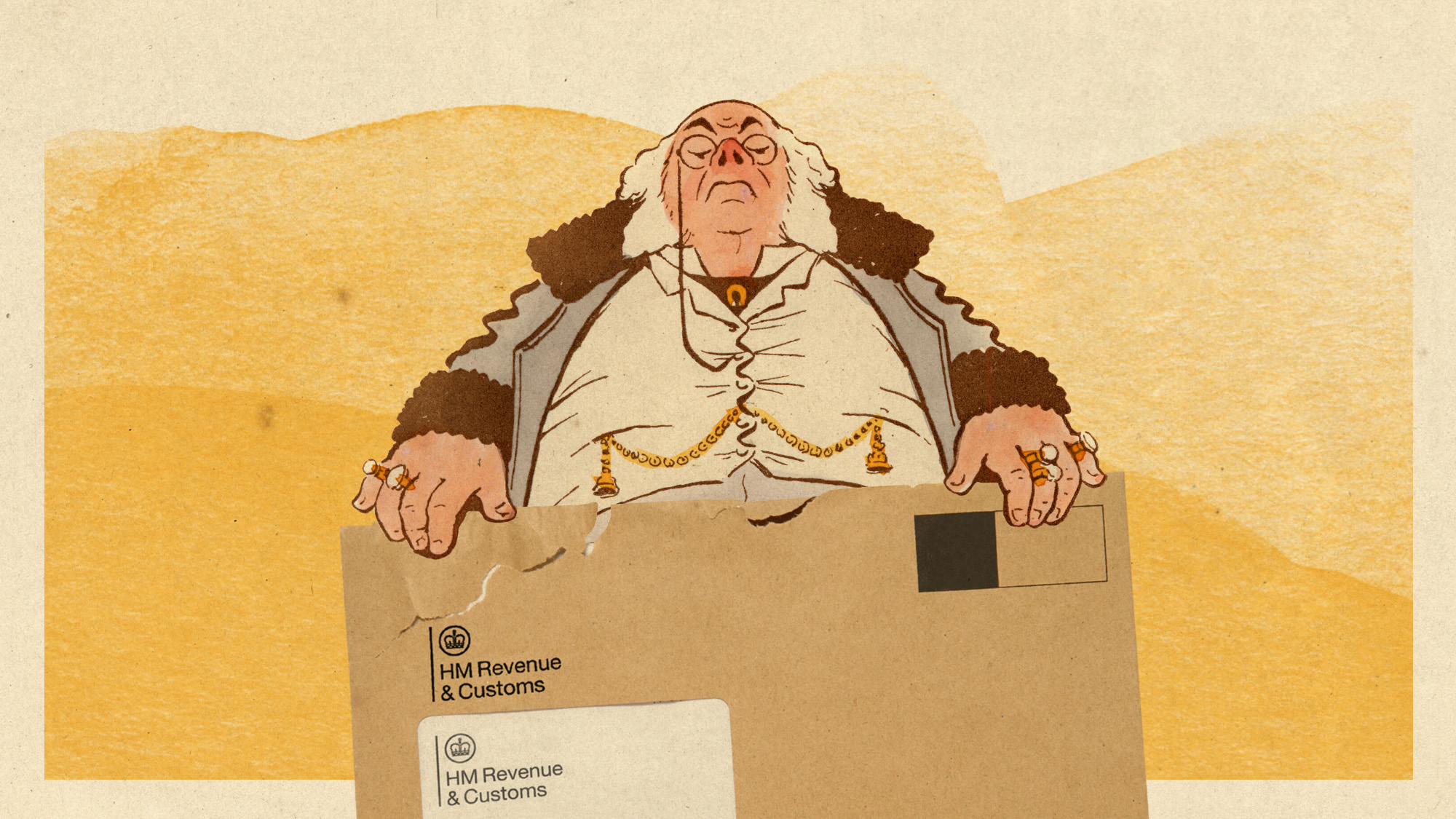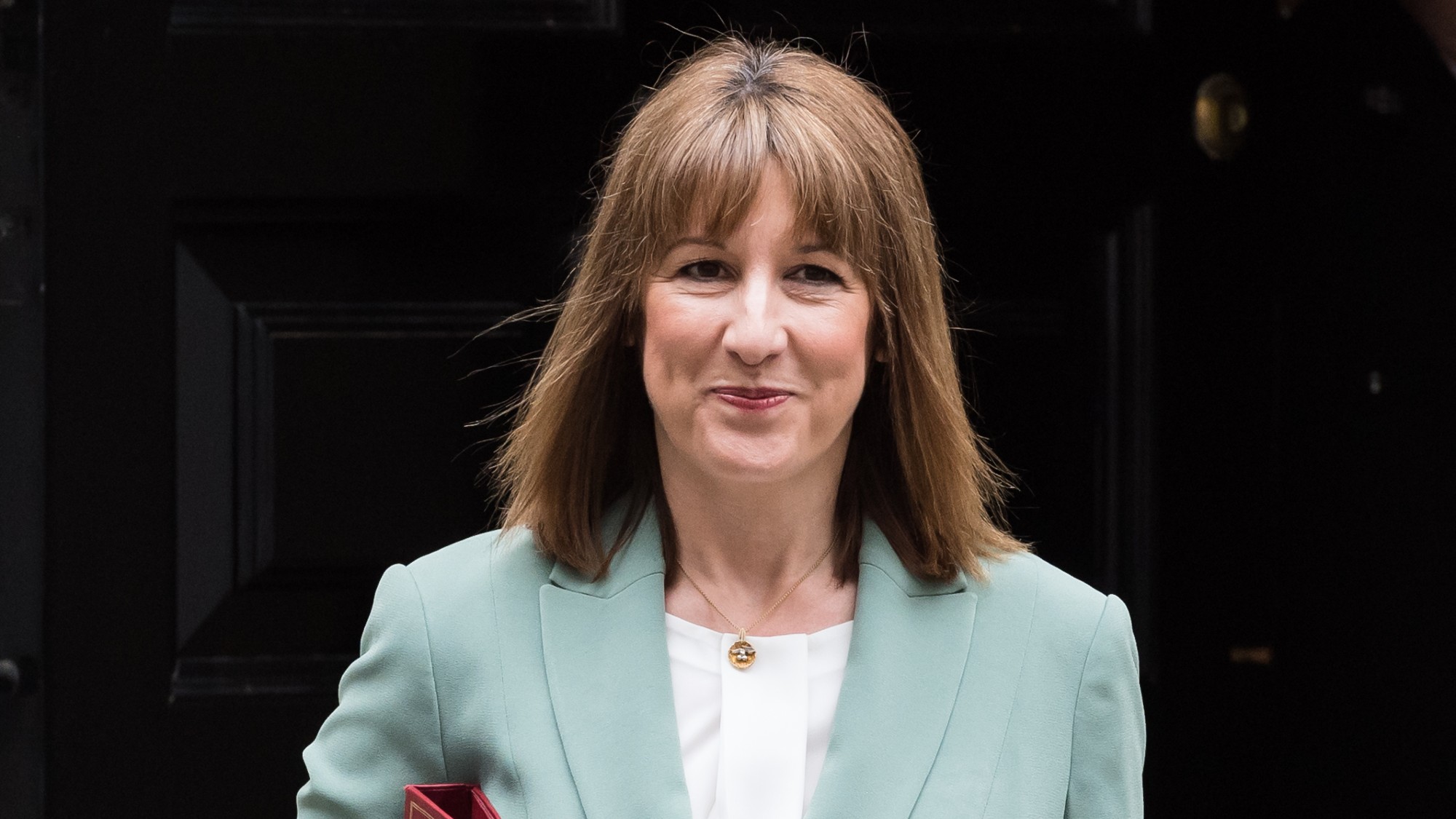Are the UK’s fiscal problems too big to fix?
Economists blame the ‘inability of the political system to grapple with a solvable problem’

A free daily email with the biggest news stories of the day – and the best features from TheWeek.com
You are now subscribed
Your newsletter sign-up was successful
Rachel Reeves faced a difficult balancing act as she addressed the Labour faithful in Liverpool today.
Ahead of what many see as a make-or-break budget next month, the chancellor needed “to assure her restive colleagues that she can put the economy in the service of beating the populist right without undermining her reputation for fiscal prudence”, said Joe Mayes on Bloomberg.
Her speech had to be “a mix of pro-growth initiatives, back-to-work support and pledges of fiscal restraint” amid growing alarm that “poll-topping” Reform are successfully exploiting Britain’s seemingly intractable economic problems of high debt, slow growth and low productivity.
The Week
Escape your echo chamber. Get the facts behind the news, plus analysis from multiple perspectives.

Sign up for The Week's Free Newsletters
From our morning news briefing to a weekly Good News Newsletter, get the best of The Week delivered directly to your inbox.
From our morning news briefing to a weekly Good News Newsletter, get the best of The Week delivered directly to your inbox.
What did the commentators say?
The UK’s public finances are, in one sense, “eminently fixable”, said The Economist. While the financial crisis and pandemic have driven up Britain’s net public debt from 25% of GDP in 2005 to 95% today, the “belt-tightening needed to stabilise debts is about 2% of GDP, some of which is already budgeted for”.
“By historical standards, it is not a demanding target” yet the “inability of the political system to grapple with a solvable problem is itself a symptom of decline”.
A series of forecasts released just before this week’s Labour conference have made the chancellor’s task even more challenging. The OECD has forecast for the UK the highest rate of inflation in the G7 this year, and predicted growth to slow to 1% next year, caused by “increased trading costs and uncertainty” and a “tighter fiscal stance”, said Nick Edser at the BBC.
In another “blow” for Reeves, the Office for Budget Responsibility “will substantially reduce its estimates for productivity in the economy”, said David Maddox in The Independent, meaning the chancellor “will need to find even more money to balance the books”. Many economists have warned that Reeves “has not done enough to change the trend on productivity”.
A free daily email with the biggest news stories of the day – and the best features from TheWeek.com
What is required is nothing less than a complete “reset” of the UK economy, Shanker Singham, chair of the Growth Commission, told The Independent’s Maddox. The fault for the current situation is not just down to the current government, he said, but goes back “30 years or so”. Economic growth in that period “has been anaemic”, not only in the UK but “across the G7 more widely, with the exception of the US”.
Pointing to the upwards regulation of the price of energy, the lack of flexibility in labour markets and the UK “persistently failing to take an axe to planning regulations”, Singham concluded that “these countries seem to be hell-bent on doing all the things that damage economic growth, while simultaneously paying lip service to it.”
What next?
The levers available to Reeves to reset the economy are limited, and it’s no surprise that today she confirmed she no longer stands by her pledge last year not to raise taxes. She said the world had changed, “due to a mixture of conflicts, US tariffs and higher borrowing costs”, said Peter Walker in The Guardian.
UK 30-year gilt yields are at multi-decade highs, leaving her “little wriggle-room as she contemplates 2026’s budget”, said Bloomberg’s Mayes. This is “the big issue so many people are fixated with right now”, said Sky News economics editor Ed Conway. It is “very hard to unpick precisely how much” this can be blamed on Liz Truss’ disastrous mini-budget in 2022 and “how much was down to the Bank of England” and its controversial policy of “quantitative tightening” but the sums involved are “staggering”.
There are potential parallels here with “the market panic that followed” Truss’ budget, said The Economist. “The difference between her cavalier leap and today’s cautious drift is a lot smaller than it looks. If Britain cannot budget responsibly by choice, then markets will force it to do so by necessity – thereby damaging the entire economy.”
-
 What is the endgame in the DHS shutdown?
What is the endgame in the DHS shutdown?Today’s Big Question Democrats want to rein in ICE’s immigration crackdown
-
 ‘Poor time management isn’t just an inconvenience’
‘Poor time management isn’t just an inconvenience’Instant Opinion Opinion, comment and editorials of the day
-
 Bad Bunny’s Super Bowl: A win for unity
Bad Bunny’s Super Bowl: A win for unityFeature The global superstar's halftime show was a celebration for everyone to enjoy
-
 Is the UK headed for recession?
Is the UK headed for recession?Today’s Big Question Sluggish growth and rising unemployment are ringing alarm bells for economists
-
 Can Nigel Farage and Reform balance the books?
Can Nigel Farage and Reform balance the books?Today's Big Question Nigel Farage has, for the first time, ‘articulated something resembling a fiscal rule’ that he hopes will win over voters and the markets
-
 Should Labour break manifesto pledge and raise taxes?
Should Labour break manifesto pledge and raise taxes?Today's Big Question There are ‘powerful’ fiscal arguments for an income tax rise but it could mean ‘game over’ for the government
-
 Autumn Budget: will Rachel Reeves raid the rich?
Autumn Budget: will Rachel Reeves raid the rich?Talking Point To fill Britain’s financial black hole, the Chancellor will have to consider everything – except an income tax rise
-
 French finances: what’s behind country’s debt problem?
French finances: what’s behind country’s debt problem?The Explainer Political paralysis has led to higher borrowing costs and blocked urgent deficit-reducing reforms to social protection
-
 How is AI reshaping the economy?
How is AI reshaping the economy?Today's Big Question Big Tech is now 'propping up the US economy'
-
 Pros and cons of a wealth tax
Pros and cons of a wealth taxPros and Cons Raising revenue and tackling inequality vs. the risk of capital flight and reduced competitiveness
-
 Is Rachel Reeves going soft on non-doms?
Is Rachel Reeves going soft on non-doms?Today's Big Question Chancellor is reportedly considering reversing controversial 40% inheritance tax on global assets of non-doms, after allegations of 'exodus' of rich people